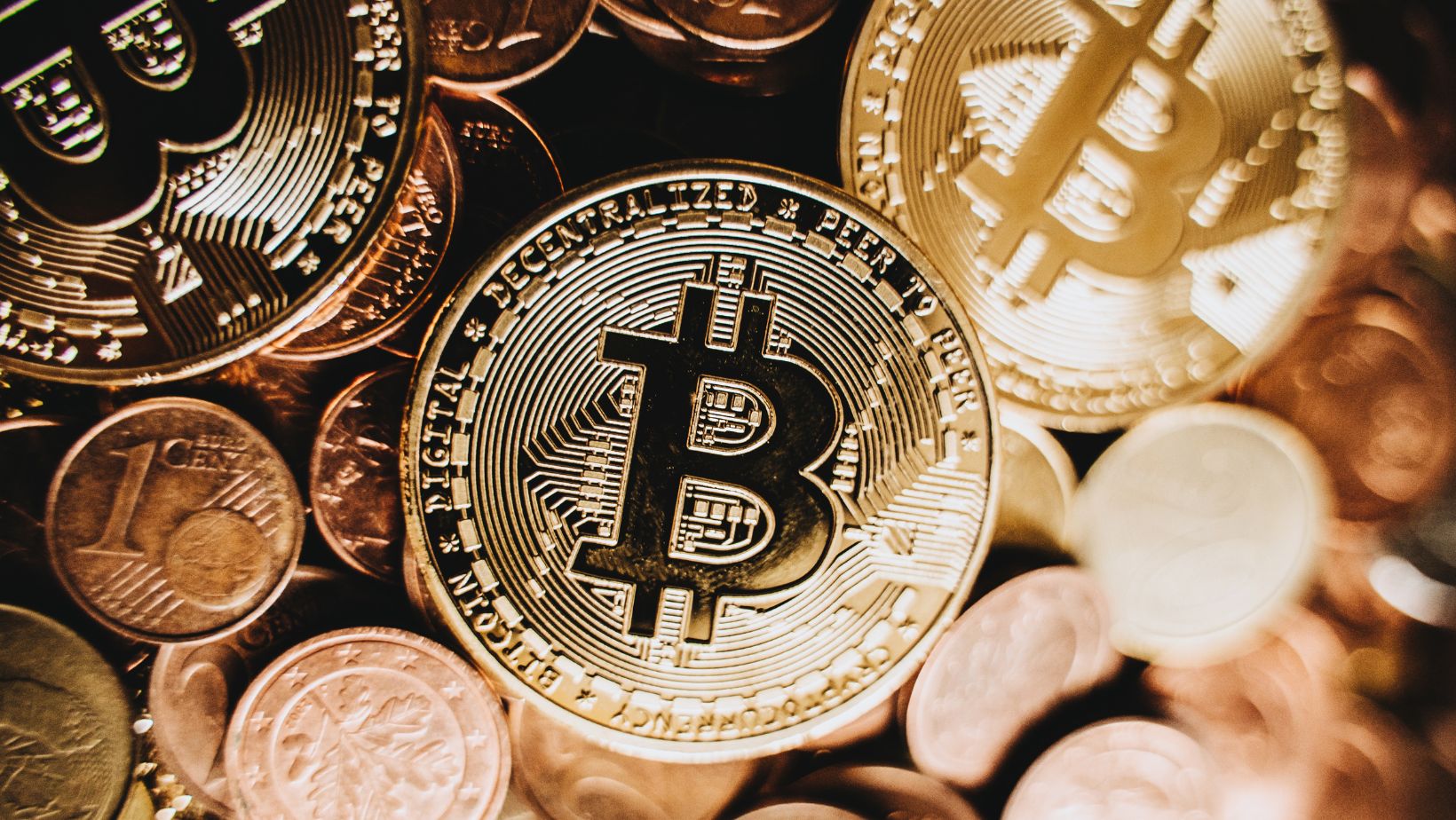Businesses are faced with a myriad of payment options. Two primary contenders have emerged: Bitcoin payment gateways and traditional payment processors.
Deciding which is right for your business can be challenging, so let’s delve into the pros and cons of each to help you make an informed decision.
Bitcoin Payment Gateways
As cryptocurrencies gain popularity, Bitcoin payment gateways are becoming an intriguing option for many businesses.
These gateways offer unique benefits and some risks that differ from traditional methods, making it easy for customers to pay with Bitcoin.
What Are Bitcoin Payment Gateways?
Bitcoin payment gateways are platforms that enable businesses to accept Bitcoin as a form of payment.
These gateways facilitate the conversion of Bitcoin into local currency, allowing merchants to receive funds in a currency they are comfortable with.
Advantages of Bitcoin Payment Gateways
Bitcoin payment gateways offer several distinct advantages:
- Low Transaction Fees: Bitcoin transactions typically incur lower fees compared to credit card payments. For example, while credit card fees range between 1.5% to 3.5%, Bitcoin transaction fees can be as low as 0.1%.
- Global Reach: Bitcoin is a global currency, making it easier to conduct international transactions without the hassle of currency conversion. This can be especially beneficial for e-commerce businesses with a global customer base.
- Security: Bitcoin transactions are secured through blockchain technology, which makes them highly secure and less susceptible to fraud compared to traditional payment methods.
Disadvantages of Bitcoin Payment Gateways
However, there are also some downsides to consider:
- Volatility: Bitcoin’s value can fluctuate significantly, which can impact your revenue. For instance, if you accept Bitcoin at a high value and it drops, you might lose money.
- Limited Adoption: Not all customers use Bitcoin, which might limit your customer base. According to a survey by Statista, only about 6% of Americans used or owned Bitcoin as of 2021.
- Regulatory Issues: The regulatory environment for cryptocurrencies is still evolving, which can create uncertainty for businesses.
Traditional Payment Processors
Traditional payment processors have been the backbone of commerce for decades.
These systems are well-established and widely trusted, but they also come with their own set of pros and cons.
What Are Traditional Payment Processors?
Traditional payment processors are companies that handle credit card transactions between merchants and banks. Examples include Visa, MasterCard, and PayPal.
Advantages of Traditional Payment Processors
Traditional payment processors provide several key benefits:
- Widespread Acceptance: Credit cards are accepted almost everywhere, making them a convenient option for customers.
- Customer Trust: Consumers are generally comfortable and familiar with using credit cards for online and in-store purchases.
- Stable Currency: Payments are processed in stable currencies, avoiding the volatility associated with Bitcoin.
Disadvantages of Traditional Payment Processors
There are also some drawbacks to using traditional payment processors:
- High Fees: Transaction fees can be high, especially for small businesses. Fees typically range from 1.5% to 3.5% per transaction, plus additional charges for currency conversion and international transactions.
- Chargebacks and Fraud: Credit card fraud and chargebacks can be a significant issue. According to a Nilson report, card fraud losses were up to $28.65 billion in 2019.
- Slower Processing Times: Transactions can take several days to settle, which can impact cash flow.
Comparing Bitcoin Payment Gateways and Traditional Payment Processors
To better understand which option might be right for your business, let’s compare Bitcoin payment gateways and traditional payment processors across several key factors.
Transaction Fees
|
Feature |
Bitcoin Payment Gateways |
Traditional Payment Processors |
|
Transaction Fees |
Low (around 0.1%) |
High (1.5% – 3.5%) |
|
Currency Conversion Fees |
None |
Variable |
|
Additional Charges |
Minimal |
Many (e.g., chargeback fees) |
Security
|
Feature |
Bitcoin Payment Gateways |
Traditional Payment Processors |
|
Fraud Protection |
High (blockchain security) |
Moderate (prone to fraud) |
|
Chargebacks |
None |
Common |
Global Reach
|
Feature |
Bitcoin Payment Gateways |
Traditional Payment Processors |
|
International Transactions |
Easy (global currency) |
Complicated (currency conversion) |
|
Customer Base |
Growing but limited |
Extensive and established |
Which Is Right for Your Business?
Choosing between Bitcoin payment gateways and traditional payment processors depends on various factors, including your business model, customer base, and risk tolerance.
Consider Your Business Model
- E-commerce Businesses: If you operate an online store with a global customer base, accepting Bitcoin could lower transaction fees and simplify international sales.
- Brick-and-Mortar Stores: Traditional payment processors might be more practical due to their widespread acceptance and customer familiarity.
Assess Your Customer Base
- Tech-Savvy Customers: If your customers are tech enthusiasts or early adopters, offering Bitcoin payments might attract more business.
- General Consumers: For a broader audience, sticking with digital payment methods could be safer and more reliable.
Evaluate Your Risk Tolerance
- High-Risk Tolerance: If you’re comfortable with Bitcoin’s volatility and regulatory uncertainty, the potential benefits might outweigh the risks.
- Low-Risk Tolerance: Traditional payment processors offer stability and predictability, making them a safer choice for risk-averse businesses.
Conclusion
Both Bitcoin payment gateways and traditional payment processors have their own sets of advantages and disadvantages.
By carefully considering your business model, customer base, and risk tolerance, you can make an informed decision that best suits your needs.


















